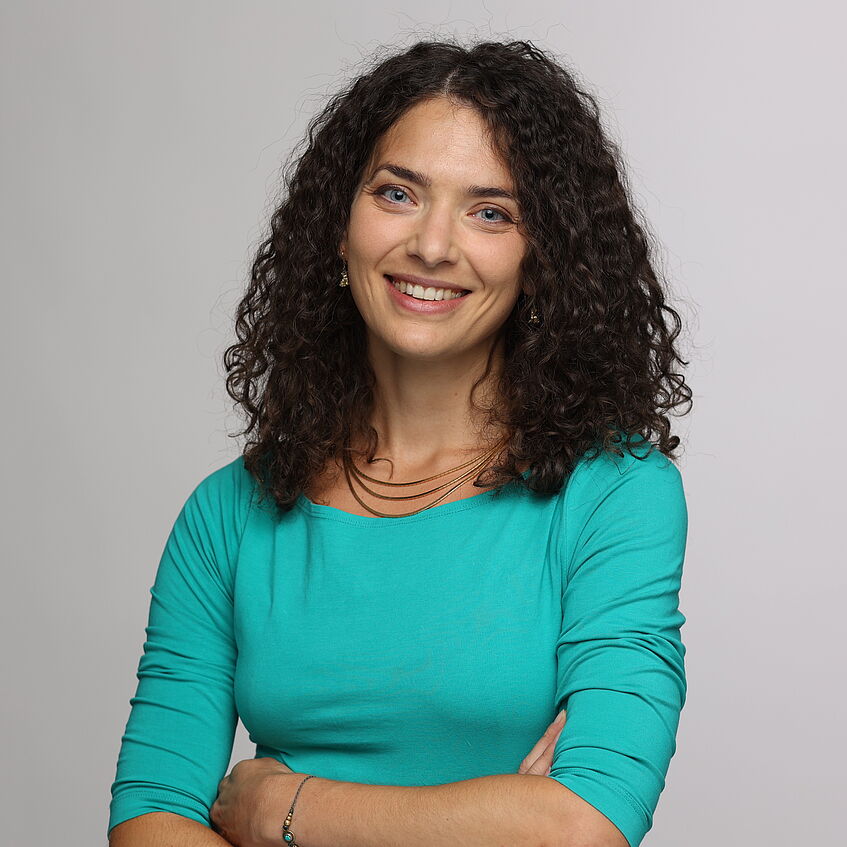
Info
More information
Research Interests
- Emotions in Journalism ⎜Ethnography ⎜Everyday Life in Journalism ⎜ Language and Narratives
Melanie Haberl is a predoctoral researcher in the FWF-project "Emotions in Political Journalism", led by Folker Hanusch and Sophie Lecheler. In her dissertation, she explores how journalists navigate the balance between proximity and distance in their professional relationships with politicians, with a particular focus on the role of emotions—an aspect long overlooked in journalism research. As part of her ethnographic study, Melanie conducts qualitative interviews and participant observation in Austria. Her dissertation project was awarded the "Förderpreis Journalismusforschung 2024" by the DGPuK (Journalism/mijofo) and the Ludwig-Delp Foundation.
Before transitioning into academia, Melanie worked full-time as a journalist for several years. She then pursued a degree in European Ethnology, earning a BA from the University of Innsbruck and an MA from the University of Vienna, where she also worked as a student assistant and tutor during her studies.
Additionally, she gained experience by collaborating on projects at the intersection of art and science, including "5 nach 12" (Kunst im öffentlichen Raum Tirol 2023), "Chatbot Knigge" (Kunst und Kultur im Digitalen Raum), as well as "Erzählcafés" and the "Büro für Erinnerungen" for the city history project Kufstein schreibt Stadtgeschichte. In these contributions, she applied ethnographic frameworks beyond traditional academic settings, which further enriched her methodological understanding.
Alongside her PhD position, she was a lecturer at the Department of European Ethnology at the University of Vienna in the winter semester 2023/24. As Co-PI of the EXCITE-project Toward understanding building occupants, she is currently researching and teaching at the Vienna University of Technology (TU Wien), focusing on human-technology-relations. There, she combines social practice theory with ethnography, as she does in her dissertation. In the special module "Ethnographies of Thermal Comfort" for the Master’s program in Architecture, she offers theoretically grounded and methodologically varied approaches to everyday practices of heating, cooling, and ventilating indoor spaces.
